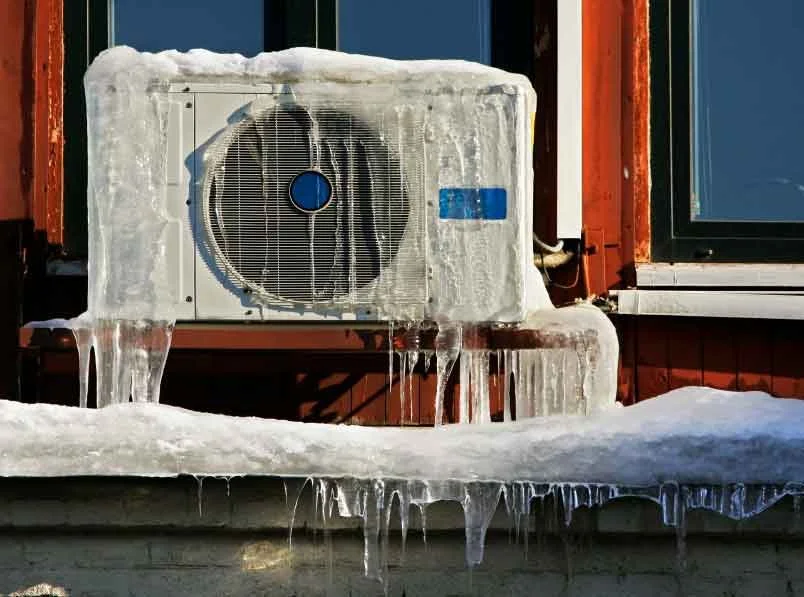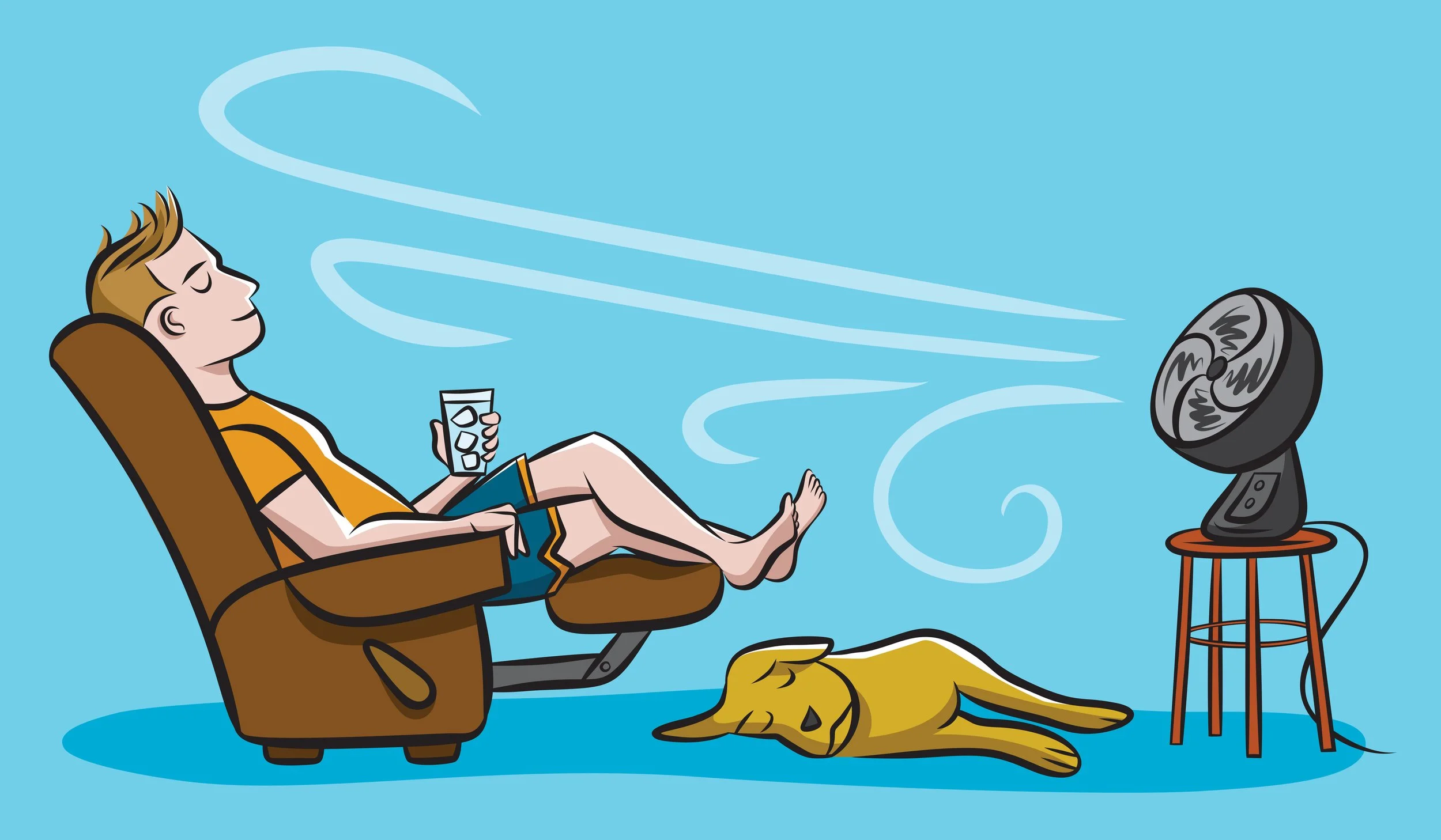If you've recently just become a homeowner, you may be wondering what is the best way to take care of your brand new investment during extreme winter weather. Or maybe you're someone who has recently spent more time at home and are looking for helpful ways to avoid any costly problems that may arise with freezing temperatures.
Here are some tips to help you get your home through the colder months of the year.
Watch for frozen pipes
One of the biggest worries is when the temperature drops and to make sure that your home pipes don't burst. First, identify problem spots. Look for sources of cold air that might be coming into exposed portions of your home. You can do so by walking around the perimeter looking for holes, gaps or cracks in the foundation.
Be sure to also look at plumbing fixtures that might be adjacent to an exterior wall, that will be much closer to the cold. You want to make sure you stop the cold air from getting into those pipes. If your home is above 55 degrees, most pipes will be fine. But if the inside temperature dips, here are some tips to keep your pipes from freezing.
Insulated exposed pipes to help keep them warm
Leave cabinets open under your sink
Let faucets drip so that water is continuously flowing.
How do you know if you have a problem?
First, you would notice the fixture will stop working - you will stop getting water flow to the fixture.
What to do if the pipes burst? You will see water moving. There will be ice buildup that you will have to trace backwards to find where that water is coming from. If the water is coming from a certain fixture, the easiest way to stop the problem is to shut off the source of water and to that fixture. Stop using it until a professional comes by to fix it. If you have a more serious leak, know where the main water shut-off valve is and switch it off. Doing so will prevent any catastrophic damage from happening.
Watch for damage to your roof
Another potential problem is to pay attention to your roof. Sometimes ice dams could build up over the shingles and can penetrate the sheathing. Which is the wood under the roof's covering.
This can damage the roof and create another opportunity for water to get in. Do not climb out on your roof if you notice this happening because that could be unsafe. Instead, call a roofing company to come and chip away the ice if possible.
Also, we recommend paying attention to your attic if you have access, and to look for signs of leaks or ice in the wood. The sooner you catch it, the less painful the damage will be to your wallet!
Stay safe during a power outage
Another potential hazard during winter storms is power outages. If your home experiences one, FEMA recommends that you try to trap as much heat in the home as much as possible.
House fires are also quite common in the wintertime. Make sure to only plug one heating appliance per outlet and keep anything flammable away.
• Never use a generator inside of a home, basement, shed, or garage due to the danger of carbon monoxide.
• Once the storm is over and snow begins to melt, do a thorough inspection of your home and look for any signs of damage.
• Check all appliances to make sure everything comes back on once you've experienced a power outage.
If you have damage to your home, reach out to your insurance company and contractors immediately to prevent it from turning into a bigger problem. Being proactive as soon as the snow melts can prevent major headaches in the long term.













